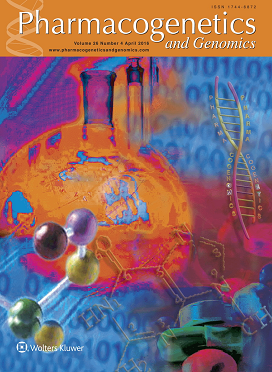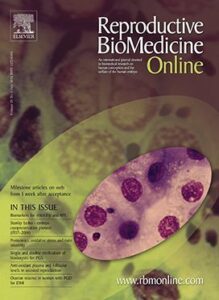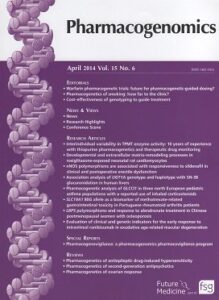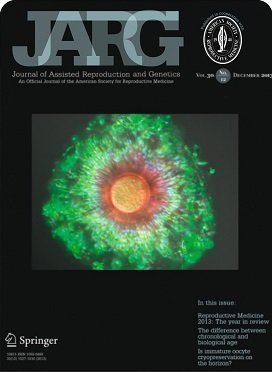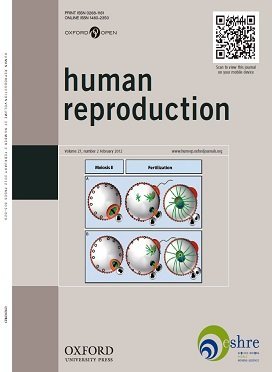
Recurrent pregnancy loss: an issue that does have a solution
Clearly one of the most difficult situations a couple trying for children may have to face is pregnancy loss. Suffering is even greater when, prior to this, the couple has gone through fertility treatment such as in vitro fertilisation, insemination or egg donation.
Pregnancy loss is not always the result of an illness or underlying abnormality. It can be the response nature provides in order to block the development of an abnormal embryo. In fact, when the tissue from the pregnancy loss is examined, a large number of chromosomal abnormalities can be detected.
Does this mean we just have to resign ourselves to it? The answer is NO. In our opinion, when a woman has had two pregnancy losses, the situation needs looking at and this should cover all three patients involved. We say three because, not only do we have the male and female patient, but we also have the embryo which plays an essential role and because it is responsible for the majority of pregnancy losses and implant failures.
In the case of the male, this should include tests, chromosome checks (karyotype, FISH, DNA fragmentation test), and a basic fertility check.
In the case of the female, tests should cover anatomical abnormalities in the uterus, karyotype, immunological checks, trombphilia and thyroid controls. There are also other factors that are proving to have a connection to incorrect implantation or miscarriage. For example, vitamin D levels and abnormalities in factors which are key to correct implantation such as p53 polymorphisms (refer to bibliography at the bottom of the page).
Once research on the couple has been carried out and the possible abnormalities detected have been resolved, we can either attempt to see if pregnancy occurs naturally or begin to study what we have called the third patient: the embryo.
It is nowadays possible to know what the embryo’s chromosomal status is prior to transfer using embryo biopsy techniques on day 5 of development. Advanced molecular biology techniques can tell us about the karyotype and next generation sequencing can inform us about genetic abnormalities that lead to pregnancy loss or implantation failure.
In fact, most pregnancy losses which have traditionally been included in the group denominated unknown cause, bad luck…. are, in fact, due to anomalies in the embryo. Being able to identify them means we can select healthy embryos which have the greatest chance of implanting and the least risk of ending in pregnancy loss.
In its dedicated Implantation Failure and Repeat Pregnancy Loss Unit and using a global and comprehensive study of this kind, Instituto Bernabeu has, for many years, had the honour of solving numerous cases of recurrent pregnancy loss.
Dr Rafael Bernabeu, Medical Director at Instituto Bernabeu.
Índice

